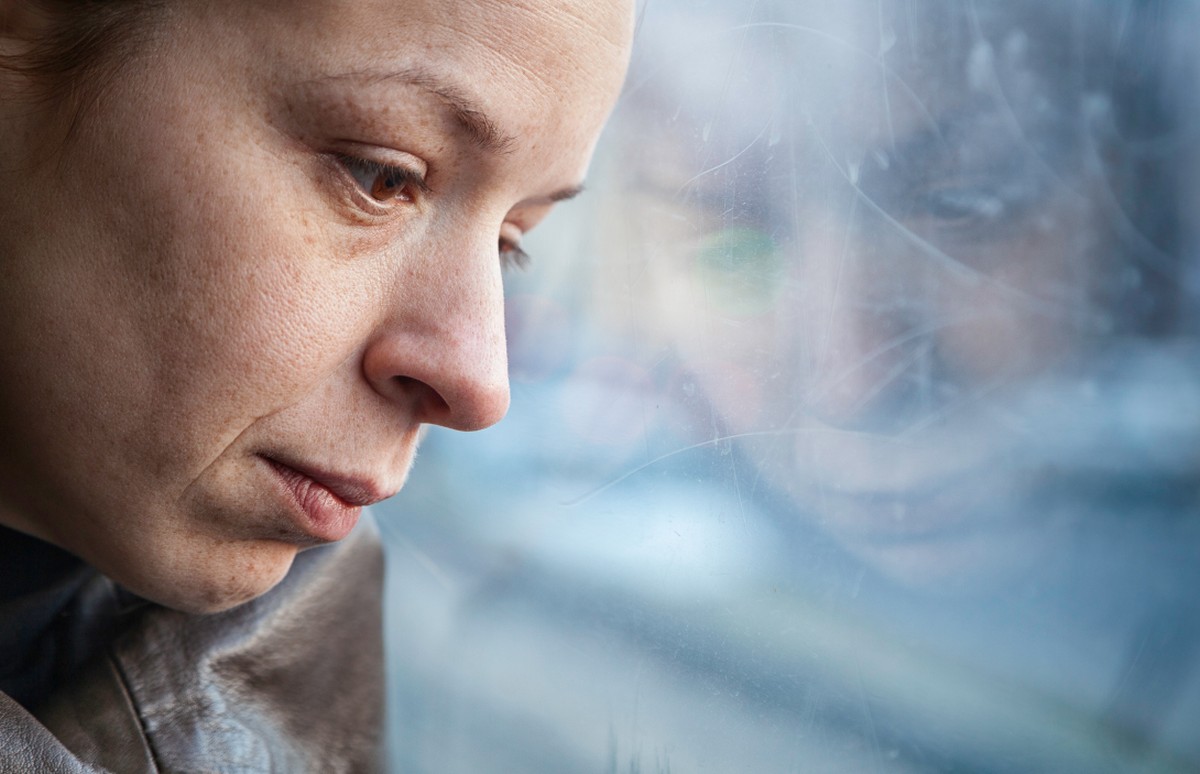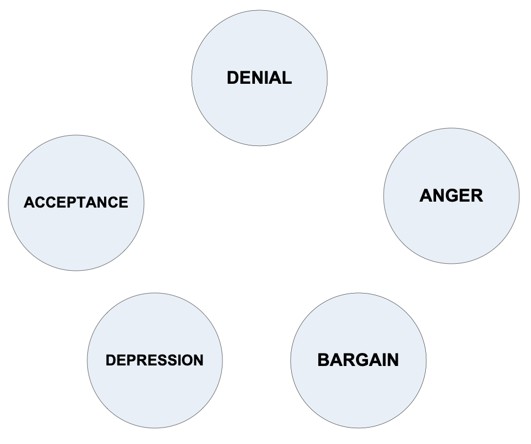
Loss is the separation from someone or something that we treasure.
GRIEF is the Physical, emotional and social response to loss. When the loss is due to death, it is generally termed as bereavement.
Loss can be of various types and can occur due to several reasons:
- Breakup
- Divorce
- Health
- Limb or faculty
- Financial stability
- Miscarriage
- Retirement
- Treasured possession
- Death of a pet
- Loss of a cherished dream
- Serious illness of a loved one
- Loss of friendship
- Safety
- Property
Common Myths About Grief
Myth: All bereaved grieve in the same way. This couldn’t be further from the truth.
Fact: There is tremendous variation in style of grieving length and intensity of grieving.
Myth: It takes a year to “get over” a significant loss.
Fact: There is no standard time frame.

Myth: It’s better to not think or talk about the pain .
Fact: Being attentive to the loss and the resultant pain actually helps us process the event and emotions and helps us get back to normal faster.
Myth: The intensity and length of your grief reflects how much you loved the deceased.
Fact: There is no correlation between the degree of love and the intensity of grief. Each person handles grief in their own unique way.

STAGES OF GRIEF
PHYSICAL SYMPTOMS OF GRIEF
- Confusion, Dizziness, Irritability
- Anxiety, Shortness of Breath
- Tightening of the Chest and Throat
- Sleep and Eating Disturbances
COGNITIVE SYSMPTOMS OF GRIEF
- Depression, Paranoia
- Memory gaps
- Auditory and visual hallucinations
- Frightening Dreams
- Inactivity/ Hyperactivity
- Searching Behavior
DENIAL
An adaptive response that helps the bereaved deal with the impact of the loss. Protects the bereaved from the pain.
Allows them to cope with the work needed to be done immediately after the death.
Rituals such as funerals assist the bereaved to face the grief of their loss.
ANGER
- The intense emotion of loss is expressed as anger.
- The anger may be aimed at inanimate objects, strangers, friends or family.
- Anger may be directed at dying or deceased loved one.
- Resent the diseased for causing us pain or for leaving us.
- We feel guilty for being angry, this makes us more angry.
BARGAINING
- Reaction to feelings of helplessness and vulnerability is often a need to regain control
- If only we had sought medical attention sooner…
- If only we got a second opinion from another doctor…
- If only we had tried to be a better person toward them…
- Secretly, we may make a deal with God or our higher power in an attempt to postpone the inevitable
DEPRESSION
Two types of depression are associated with mourning.
1. Reaction to the loss. Sadness and regret.
2. The second type of depression is more subtle and, in a sense, perhaps more private. It is our quiet preparation to separate and to bid our loved one farewell.
ACCEPTANCE
The gradual emotional realization that things are not permanent and one day have to cease to exist.
SPECIFIC TYPES OF LOSS
Loss of a Spouse
- Men are more “instrumental” grievers
- Women are more “expressive” grievers
- Length of relationship does not predict grief response
Adult Loss of a Parent
- Most common form of bereavement
- Adult child left feeling “orphaned”
- “Cushion” of mortality gone
Adult Loss of a Sibling
- Most neglected loss
- Loss of connection to past
- Guilt about any unresolved issues
Loss of a Child
- Anger, guilt, separation, search for meaning
- May be the hardest loss
- May have negative effects on couple’s relationship
- Miscarriage, stillborn and newborn death must be acknowledged
While Grief is a normal response to loss, for some, it can be prolonged.
If you are experiencing symptoms of grief, long after the passing of a loved one and are unable to come to terms of acceptance, do not despair.
Help is available. A counsellor can support you and help you process the painful situation.
Call us for support
